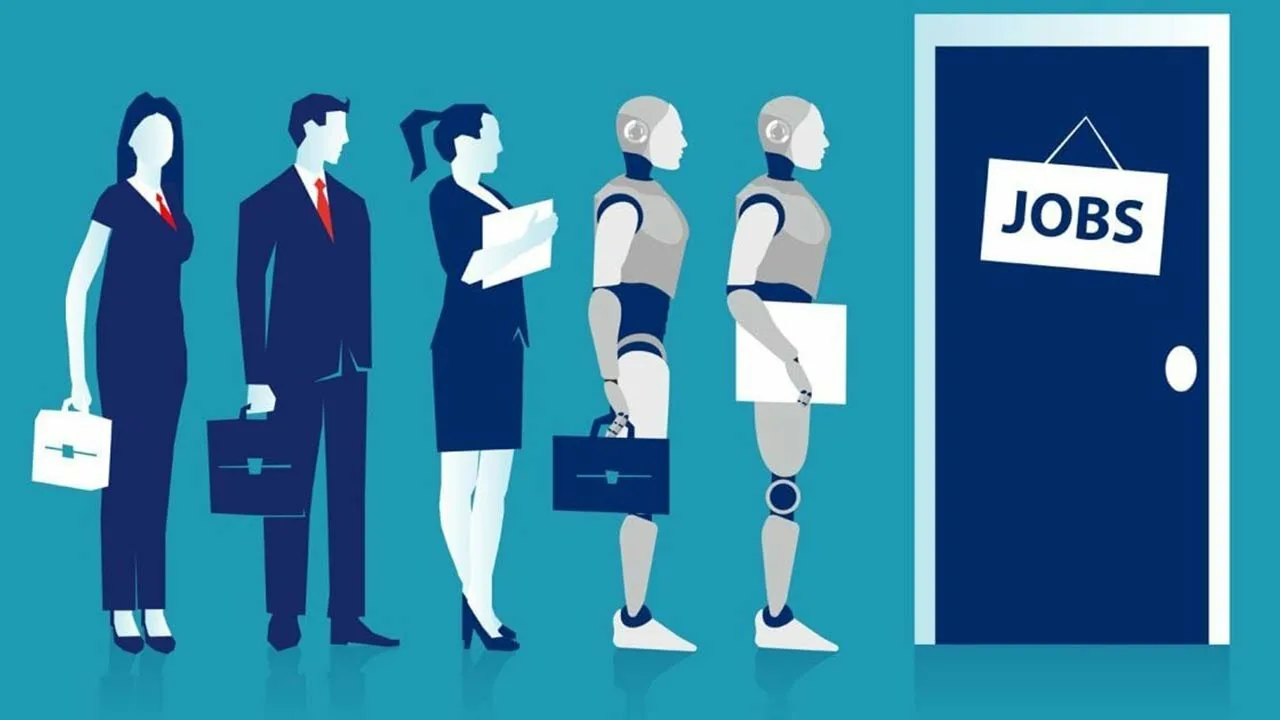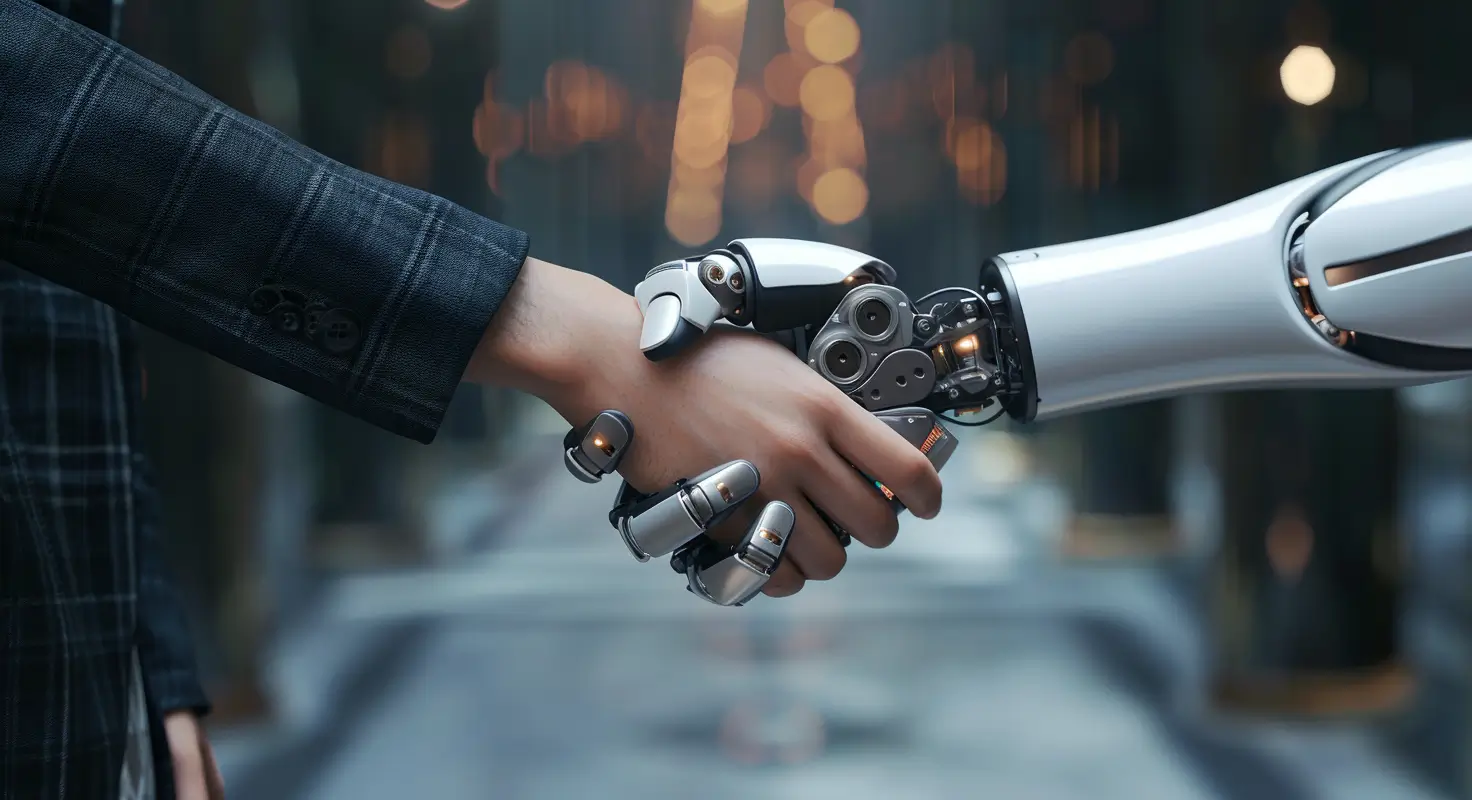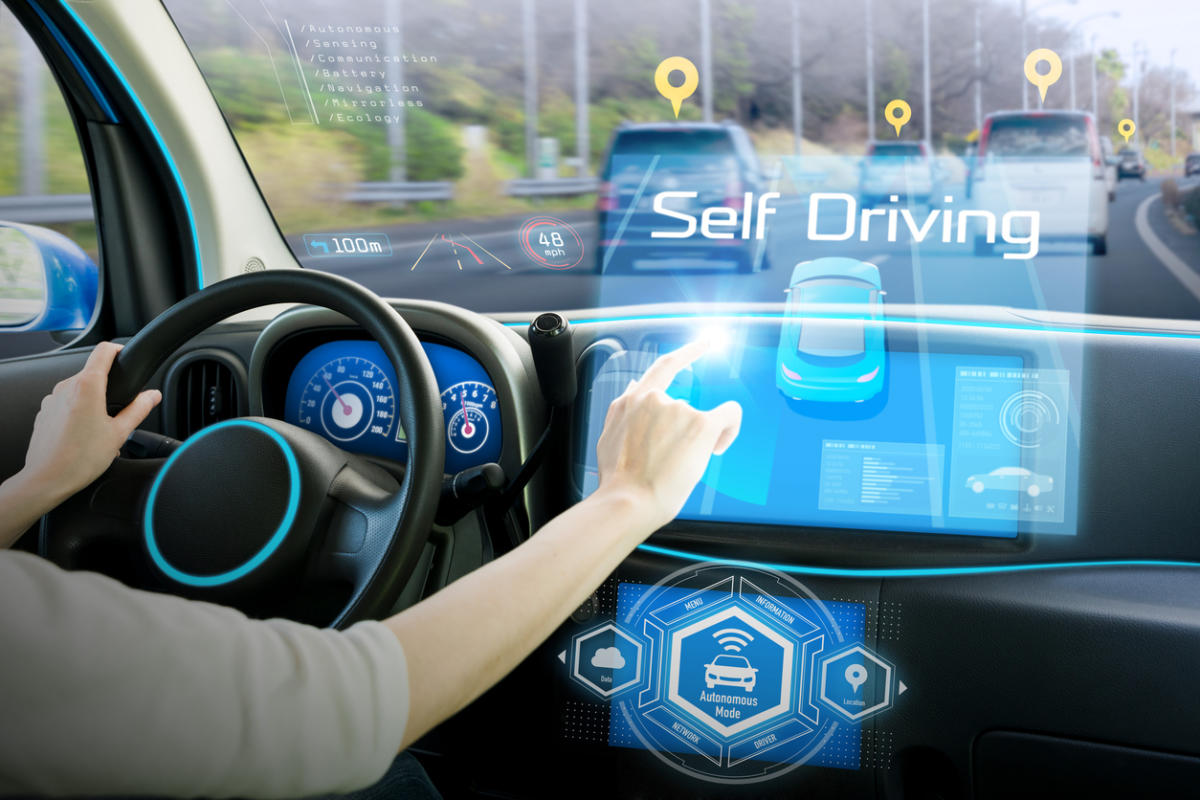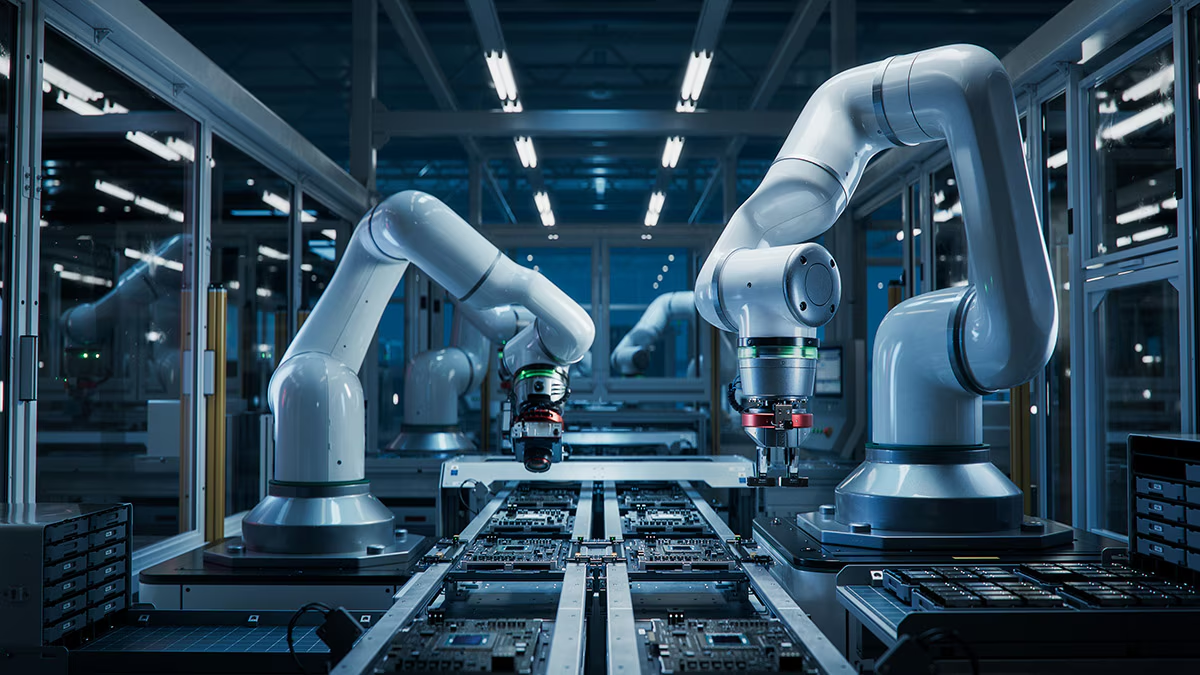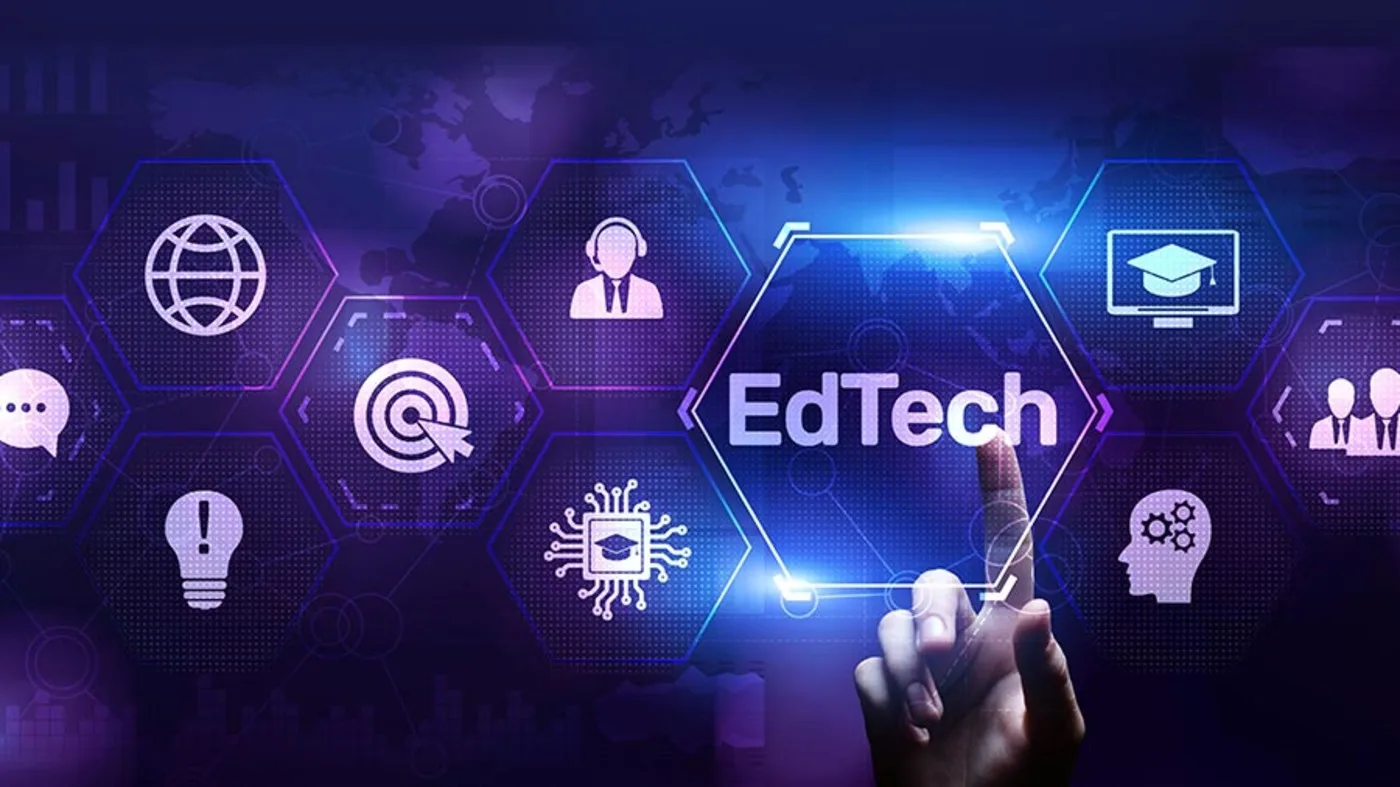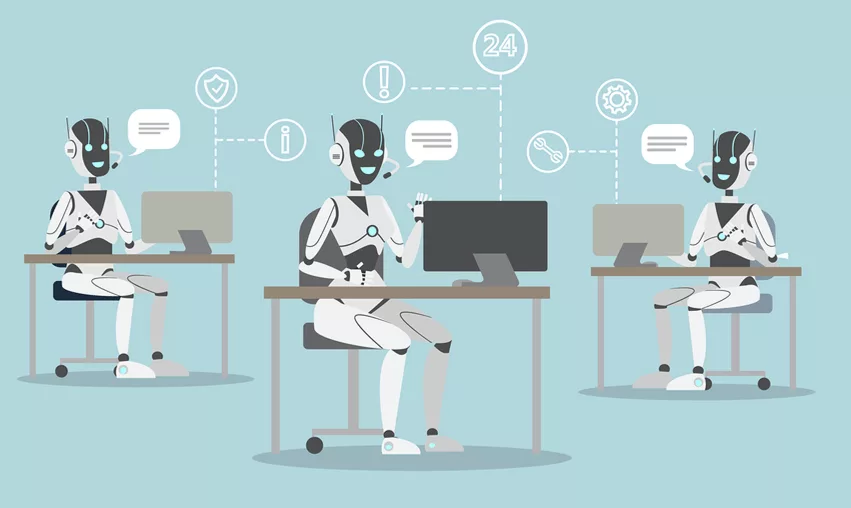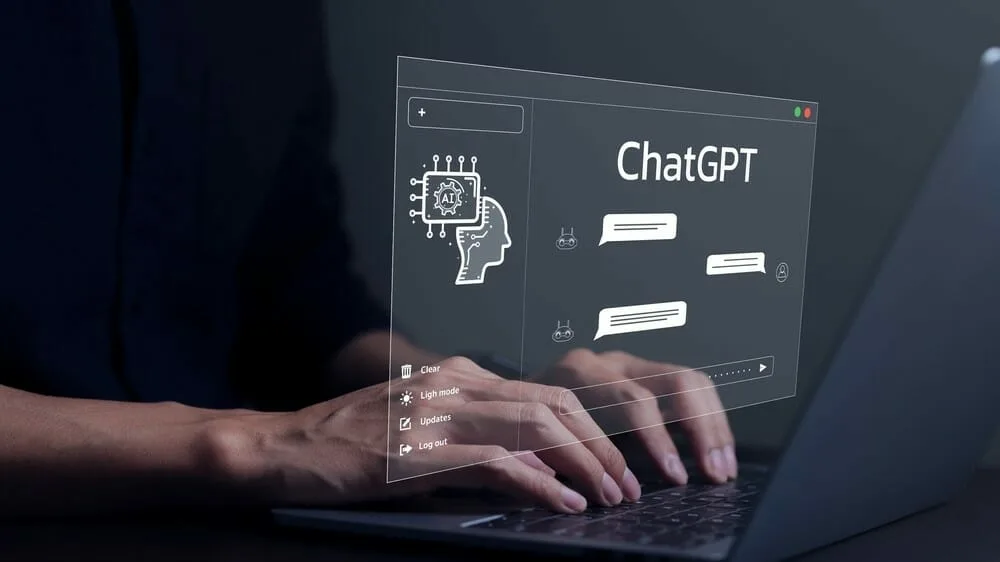The Rise of Smart Machines: Why It Matters
AI has moved far beyond playing chess or completing sentences. It now diagnoses diseases, writes code, composes music, and even helps companies make hiring decisions. According to a report by McKinsey, nearly half of current work activities could be automated using existing technologies.
But AI doesn’t just eliminate jobs—it changes them. And while some roles may disappear, others will evolve or be created from scratch. Understanding which is which is essential not only for staying relevant in the job market but for helping society transition to an AI-assisted future.
Jobs at Risk: Where AI Could Take Over
While no job is 100% safe from disruption, certain roles are more vulnerable—particularly those involving repetitive, predictable tasks.
1. Manufacturing and Assembly
Industrial robots have long been used on factory floors, but AI is now enabling them to make decisions, adapt to variations, and even perform quality checks.
Example:
Car manufacturers like Tesla and BMW use AI-powered robotics to handle welding, painting, and assembly with high precision.
2. Customer Service and Support
Chatbots and virtual assistants are increasingly handling queries once fielded by human agents—often faster and at lower cost.
Example:
AI tools like ChatGPT and Zendesk bots can resolve common customer issues, process returns, and manage FAQs 24/7.
3. Transportation and Delivery
Self-driving technology is advancing quickly, with autonomous trucks and delivery robots already being tested on roads and sidewalks.
Forecast:
Truck drivers and delivery personnel could see gradual job displacement over the next decade, especially in long-haul or urban logistics.
4. Data Entry and Routine Admin
Repetitive tasks such as invoice processing, scheduling, and form-filling are ideal for AI and robotic process automation (RPA).
Tip:
If your job involves copying, pasting, or sorting digital information all day—it might be time to upskill.
Jobs That Will Change, Not Vanish
Some roles won’t disappear but will be transformed by AI, requiring workers to adapt and collaborate with new tools.
1. Healthcare Professionals
AI is revolutionizing diagnostics and treatment plans, but it won't replace doctors or nurses.
Example:
AI can detect early signs of cancer in X-rays more accurately than some radiologists, but it’s the human expert who explains the options and builds patient trust.
2. Teachers and Educators
AI tutors can personalize learning, but they can’t inspire students or offer emotional support.
New Role:
Teachers may spend less time grading and more time mentoring, aided by AI-driven insights into student performance.
3. Writers and Content Creators
Yes, AI can write. But creativity, cultural nuance, and emotional resonance still largely belong to humans.
Shift:
Writers may use AI for idea generation, editing, or research—becoming content strategists rather than mere content producers.
Jobs AI Will Likely Create
Just as ATMs didn’t eliminate bank jobs but transformed them, AI will open new career paths.
| New Job Category | Description |
| AI Ethics Officers | Ensure algorithms are fair, transparent, and unbiased |
| Machine Learning Trainers | Teach AI models using real-world data and feedback |
| Prompt Engineers | Design the questions and commands that guide AI behavior |
| Robot Maintenance Specialists | Repair and manage AI-driven machinery and tools |
| Data Privacy Consultants | Help companies comply with digital regulations |
How to Stay Ahead in an AI World
The key to future-proofing your career is to focus on uniquely human strengths—skills machines struggle to replicate.
🔹 Emotional intelligence
Empathy, persuasion, and leadership will always be in demand.
🔹 Creativity and innovation
While AI can mimic patterns, it struggles to originate.
🔹 Complex problem-solving
Jobs that require critical thinking, strategy, and adaptability will thrive.
🔹 Tech literacy
Understanding how AI works—and how to use it—will be essential, even in non-technical fields.
Conclusion: Adaptation Over Fear
So, will AI replace your job? For some, the answer is yes. For many others, the answer is: only if you don’t adapt.
AI is a tool—not a takeover. The future of work belongs to those who embrace change, build new skills, and learn to work alongside intelligent systems. By shifting from fear to foresight, we can shape a future where technology enhances—not replaces—our human potential.

